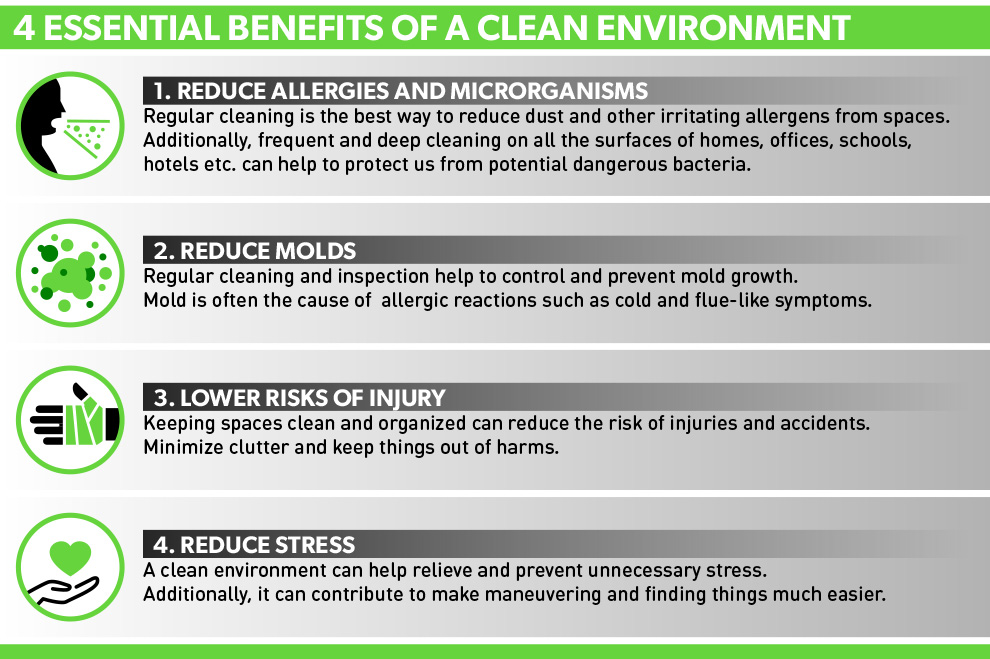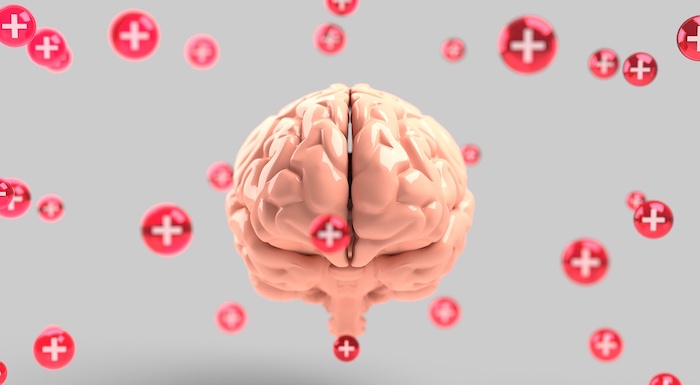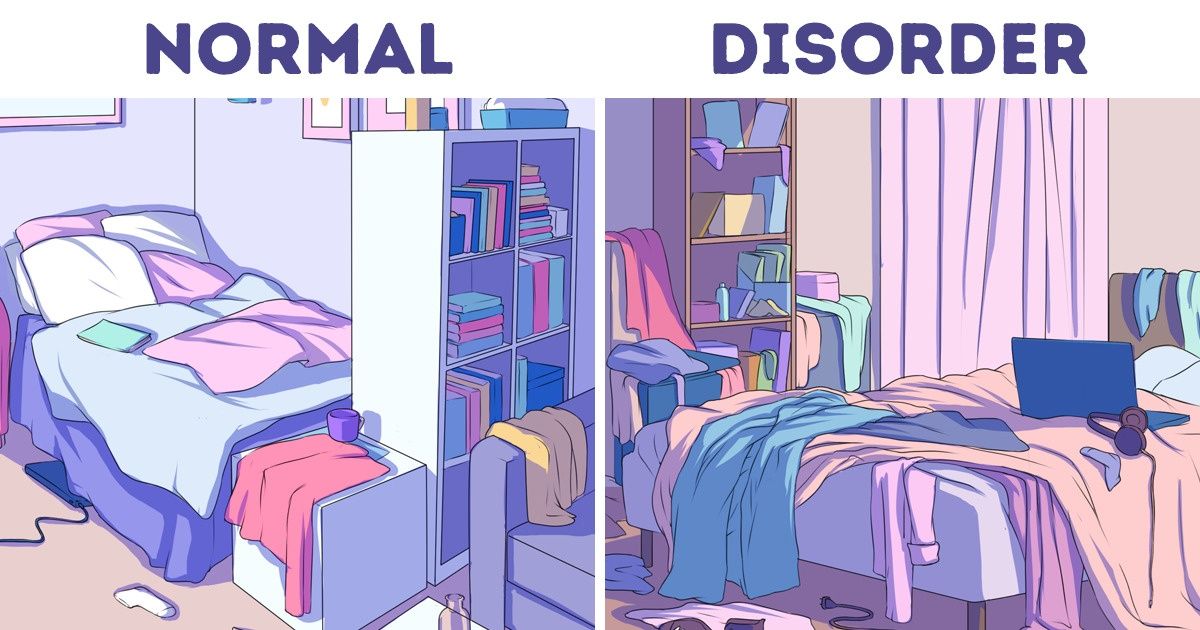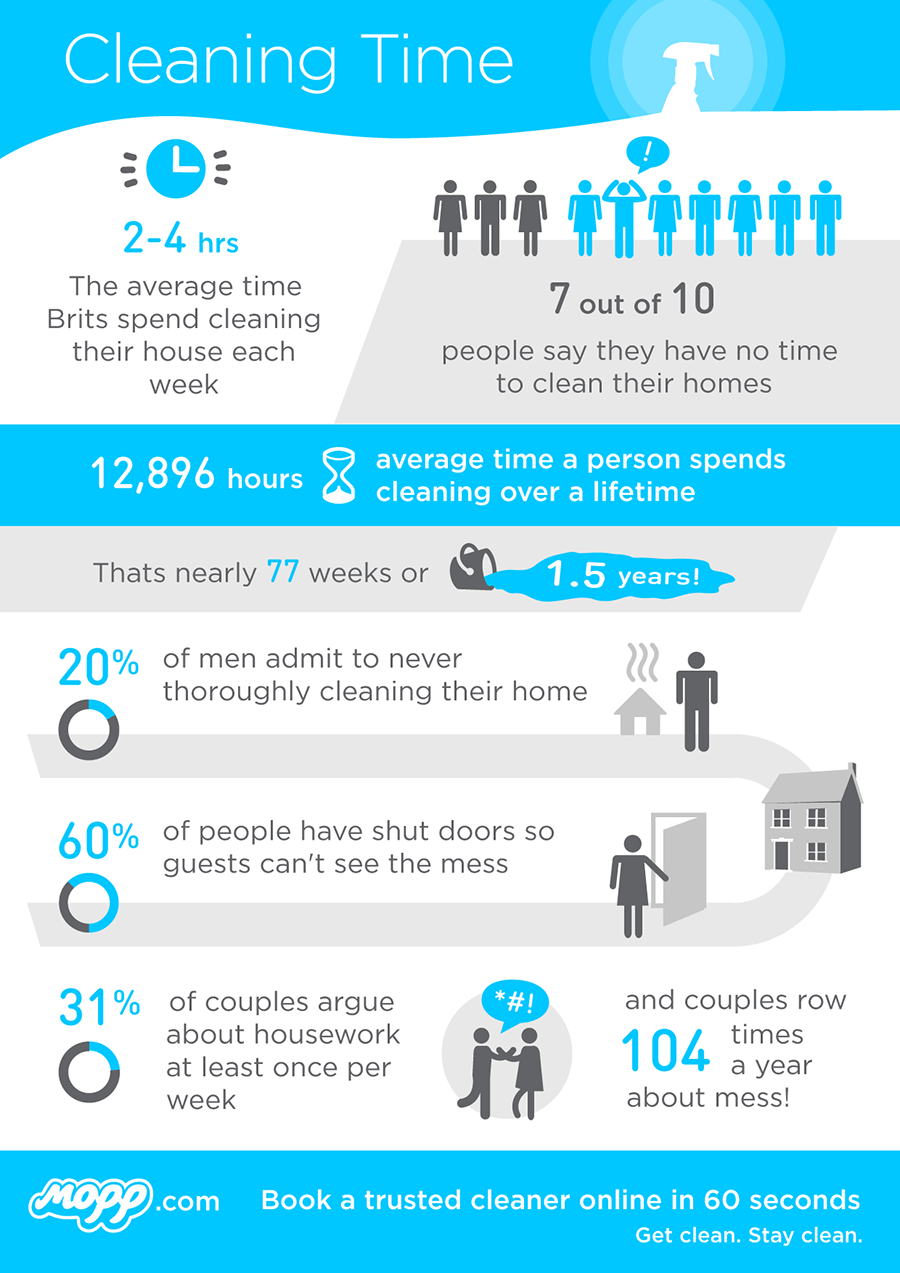Featured
- Get link
- X
- Other Apps
Psychology Of House Cleaning
People just dont have the energy to keep their home clean they dont feel that it is important and very likely they dont value themselves enough they dont think they deserve to live in a clean place. Benefits of Cleaning and Decluttering.
 Keep Clean And Carry On Neuroscience News
Keep Clean And Carry On Neuroscience News
The mindset that hinders the cleansing process.

Psychology of house cleaning. Leading psychological research has correlated clutter with stress and anxiety and discovered that housekeeping has a positive benefit on your mental health. They might keep the rain off our heads but they also house a whole host of other issues things that resonate with us on a deep and symbolic level a kind of physical manifestation of all our hopes and fears. This is because the brain processes clutter and debris as a distraction in an attempt to force you to correct the situation.
In the early 20th century Swiss theorist and psychiatrist Carl Jung proposed that the. It takes a lot of effort to maintain and keep your house clean but it has its own advantages and perks. It might mean you are busy and have little time to clean and organize.
Architect Sam Jacob explores the concept and psychology of home. The mindset that helps the cleansing process. Homes are more than places to live in.
Keeping our homes clean and tidy is an easy way to reduce daily stress but even the act of cleaning itself can make some of us anxious. If your house is cluttered your mind feels the same. The Psychology of Cleanliness Your home is your haven.
And more often than not these effects are rooted in childhood. More specifically an inside look at cleansing and fasting strategies from a personal and metabolic perspective. For many people the cleaning or washing is often carried out multiple times.
The most important psychology behind a clean house is that it reduces family fights. The Psychology of Cleansing. If you need to destress pick up a cleaning rag and a duster and start clearing out all that dirt and anxiety with a thorough house cleaning.
The positive psychology behind organization Keeping things clean and organized is good for you and science can prove it. This can be the habit of leaving dishes unwashed. Having a messy room might be the result of a lot of factors.
Living in a clean environment can also boost your concentration and focus according to a 2011 study published in The Journal of Neuroscience. Or it might be the result of having young kids in the house who are usually not motivated to clean up after themselves. It also has been found to improve a persons mood as well.
In her article for Psychology Today psychologist Sherrie Bourg Carter says clutter and mess in our homes can actually play a significant role in how we feel about ourselves in our everyday lives. I love the cleaner smell and I love how the furniture comes clean when I dust it. So what is the psychology of cleaning.
Your spouse may blame you for something being misplaced. It has even been claimed that our cleaning habits can impact our diet our sleep and our relationships. It is often undertaken in a ritualised way for example one finger at a time.
On the other hand excessive cleaning has been linked with more problematic issues such as anxiety hoarding germaphobia and Obsessive-Compulsive Disorder OCD. I want them to stay outside where they belong. These are the reasons I clean an area of the house and then go on to another area.
For instance it helps you gain a sense of control over your environment and engage your mind in a repetitive activity that can have a calming effect. What is the psychology behind people who are bad at cleaning and tidying. A study led by.
Heres how it works. Many studies prove that cleaning the house rarely is one of the signs of depression. You must think of it and organize everything like a pro before it gets too late.
Research has found that cleaning can have a number of positive effects on your mental health. Clutter that causes space restrictions and an overall lack of storage space. Who will be responsible for an organized mess.
If these walls could talk they would tell tales of togetherness but also boredom frustration and burn-out. It might be a sign that you have too much stuff. This repetitive hand or body washing will continue until the person feels she or he is clean.
If you clean regularly and. Clutter caused by a new baby a death in the family a move or anything that has thrown a life. Were going to look at.
The importance of regular house cleaning A clean home is like heaven and it is always welcoming to come to a clean house. No matter how many times you ask or force them some people are somehow unable to clean or tidy things up after themselves. It is boring but I must clean because I reduce the amount of insects that I see in the house.
In the same way youll never feel clean yourself in a dirty home regardless of whether youve just come out of the shower. Cleaning of Kitchen and Bathroom fear of germs being spread to family.
 Why We Love A Clean House And You Should Too Loadup
Why We Love A Clean House And You Should Too Loadup
 8 Hidden Psychological Problems A Messy Home Can Reveal About Us
8 Hidden Psychological Problems A Messy Home Can Reveal About Us
 How Cleanliness Can Affect Your Mental Health
How Cleanliness Can Affect Your Mental Health
 Expert Speak What Is The Psychology Behind Cleanliness Architectural Digest India
Expert Speak What Is The Psychology Behind Cleanliness Architectural Digest India
 How Cleanliness Can Affect Your Mental Health
How Cleanliness Can Affect Your Mental Health
 The Psychology Of House Cleaning How Tidying And Decorating Can Lead To Happiness Vogue
The Psychology Of House Cleaning How Tidying And Decorating Can Lead To Happiness Vogue
 The Psychological Benefits Of Clean And Organized Spaces Ipc
The Psychological Benefits Of Clean And Organized Spaces Ipc
![]() Why Cleaning Makes Some People Feel Less Anxious
Why Cleaning Makes Some People Feel Less Anxious
 Does A Clean House And Mental Health Go Hand In Hand
Does A Clean House And Mental Health Go Hand In Hand
/psychology-of-a-messy-room-4171244-15d22252fa2a4618b5af111c7cabb0c3.png) What Does A Messy Room Say About Your Personality
What Does A Messy Room Say About Your Personality
 Pin On Cleaning Hacks Cleaning Tips
Pin On Cleaning Hacks Cleaning Tips
 The Powerful Psychology Behind Cleanliness Psychology Today
The Powerful Psychology Behind Cleanliness Psychology Today
Why Is A Clean House So Therapeutic Merry Maids

Comments
Post a Comment